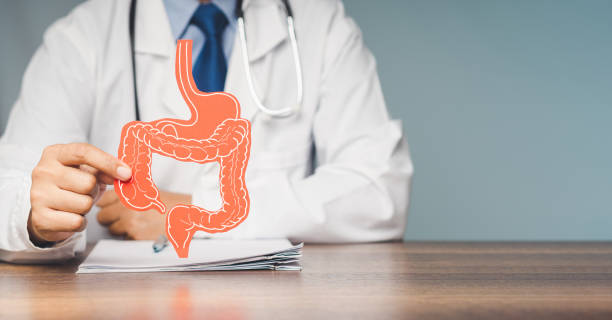9 Essential Tips for Booking Your Destination Wedding Flights
The World’s 10 Best Hotels 2024: Your Next Dream Stay
13 Minimalist Living Room Design Ideas for Modern Homes
The Best Kitchen Tiles in 2024: Brands, Types and Prices
What Is Spirituality? Exploring Its True Meaning
Boost Your Motivation: 7 Simple Hacks to Stay Inspired
Understanding Colitis Treatment: Options and Approaches
Colitis is an inflammation of the large intestine that can cause significant discomfort and health problems. Understanding the different treatment options and approaches is essential to effectively manage this condition. This article looks at the different ways to treat colitis and help patients make an informed decision.
Colitis is an inflammation of the large intestine that can cause significant discomfort and health problems. Understanding the different treatment options and approaches is essential to effectively manage this condition. This article looks at the different ways to treat colitis and help patients make an informed decision.

Medical Treatments
Medication is often the first line of defense against colitis. These treatments are designed to reduce inflammation, relieve symptoms, and induce remission.
· Aminosalicylates (5-ASA)
These anti-inflammatory drugs are often used to treat mild to moderate colitis. They work by directly reducing inflammation in the lining of the colon.
· Corticosteroids
For more severe inflammation, corticosteroids may be used. These drugs are powerful anti-inflammatory agents, but are usually used for short-term treatments because of possible side effects.
· Immunomodulators
These drugs help regulate or suppress the immune system's response, thereby reducing inflammation. They are often used when patients have not responded well to other treatments.
· Biologic Therapies
Biologics are a newer class of drugs that target specific proteins involved in the inflammatory process. They are often used to treat moderate to severe colitis that has not responded to other treatments.
· Antibiotics
If there is a concern about a bacterial infection, antibiotics may be prescribed to eliminate harmful bacteria and relieve symptoms.
Diet and Lifestyle Changes
Diet and lifestyle play an important role in the treatment of colitis. While there is no one-size-fits-all diet, certain changes can help relieve symptoms and maintain remission.
· Avoiding Trigger Foods
Foods that trigger inflammation should be identified and avoided. Common triggers include dairy products, high-fiber foods, and spicy foods.
· Eating Small, Frequent Meals
Eating small, frequent meals is easier on the digestive system and can help relieve symptoms.
· Adequate Fluid Intake
It is important to drink plenty of fluids, especially during an attack, to prevent dehydration.
· Stress Management
Stress can make colitis symptoms worse. Exercises such as yoga, meditation, and breathing exercises may help.
· Regular Exercise
Physical activity can reduce stress and improve overall health, which can have a positive impact on colitis symptoms.
Surgical Options
For people with severe colitis who do not respond to medication, surgery may be considered. Surgical options can relieve symptoms and improve quality of life.
· Colectomy
This surgery involves removing part or all of the colon. In cases where the entire colon is removed, an ileostomy or ileostomy bag may be needed to allow waste to exit the body.
· Strictureplasty
This surgery dilates the narrowed portion of the colon, improving bowel movements and relieving symptoms.
· Resection
In some cases, only the diseased portion of the colon is removed, preserving as much healthy tissue as possible.
Alternative and Complementary Therapies
Some patients find relief with alternative and complementary therapies. While these should not replace traditional treatments, they can be used in conjunction with medications to improve outcomes.
· Probiotics
These beneficial bacteria can help restore the natural balance of the gut microbiome, potentially relieving symptoms.
· Herbal Supplements
Certain herbs, such as turmeric and aloe vera, have anti-inflammatory properties that may benefit people with colitis.
· Acupuncture
Some studies suggest acupuncture may help reduce inflammation and pain associated with colitis.
Understanding the different treatment options for colitis is essential for effective treatment. By exploring medications, dietary changes, surgical options, and alternative therapies, patients can work with their healthcare providers to develop a comprehensive plan that fits their needs.











